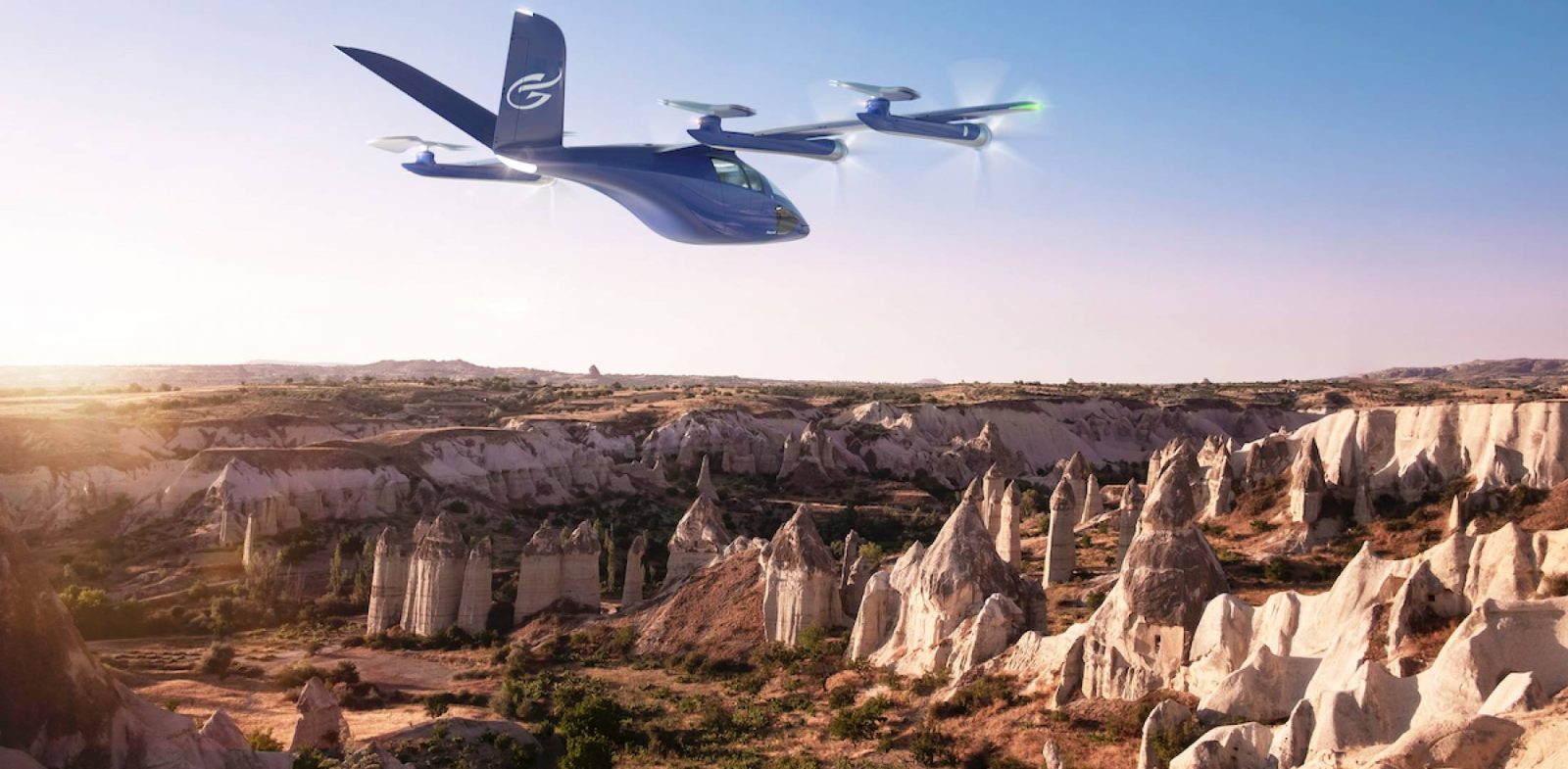
One potential disruption from the UK’s Brexit from the European Union was definitively averted this week with the nation’s Civil Aviation Authority (CAA) announcement that it will adopt the European Aviation Safety Agency’s standards for certifying next generation electric takeoff and landing (eVTOL) aircraft.
The CAA’s decision to stick with Special Conditions, or SC-VTOL, being used by the EU’s aviation regulator will not only facilitate eVTOL manufacturers producing aircraft in those now separated airspaces to obtain quasi-automatic certification in both – London-based Vertical Aerospace and Germany’s Volocopter, for example. It also appears likely to encourage and nurture a higher degree of triangulated harmonization of criteria between the UK, US, and Europe.
Read: FAA-CAA cooperation on AAM lifts companies like Joby active in both markets
Indeed, last March, the CAA and Federal Aviation Administration announced their plans to work closely together to support next generation aircraft production and services like air taxis, and – as much as possible – mutually pursue the objective of “facilitating certification and validating new eVTOL aircraft, production, continued airworthiness, operations, and personnel licensing.”
With the CAA’s decision to adhere to the European Aviation Safety Agency’s (EASA) SC-VTOL certification criteria, hopes of coherent, possibly coordinated processes shared across the Atlantic have gotten another boost.
Prospects for that cooperative approach toward certification appear all the greater, moreover, with criteria in all three airspaces still being drawn up by regulators. Indeed, because of that, the CAA’s move to buck the isolationist logic behind Brexit by adopting EASA standards is in part pure pragmatism.
On the one hand, it spares officials the toil of producing a UK-exclusive procedure that, given the very similar technologies involved, stand to closely resemble the one established in the EU. On the other, it follows the spirit of its earlier agreement with the FAA – one that the CAA said it plans to broaden.
“In implementing these new (EASA) standards, the CAA will continue to proactively engage and collaborate with other global national aviation authorities, such as the US Federal Aviation Administration, to share approaches, lessons learned and safety insights,” a CAA statement read.
Read: Vertical Aerospace to obtain concurrent UK and EU certification
It also embraces the logic of eVTOL aircraft developers that, like Vertical Aerospace, had already announced plans to navigate the certification procedure in a manner to gain approval from the CAA and EASA concurrently.
“This significant announcement supports Vertical’s concurrent CAA and EASA certification of its pioneering VX4 eVTOL aircraft,” the company reacted in a statement. “Vertical welcomes the CAA’s commitment through the safety levels established under (SC)-VTOL to providing stringent levels of protection for UK consumers. Vertical also believes the CAA’s decision to adopt (SC)-VTOL as the UK’s certification basis will support global market access and enable swift validation of Vertical’s VX4 aircraft worldwide.”
The response echoed what CAAs group director for safety and airspace regulation, Rob Bishton, described as the motive of the move.
“The decision to adopt (EU) SC-VTOL as our certification basis will support UK manufacturers and enable them to easily access the global market for eVTOL aircraft,” Bishton said. “We will continue to work with the industry to help promote and facilitate innovation throughout aviation.”
FTC: We use income earning auto affiliate links. More.




Comments